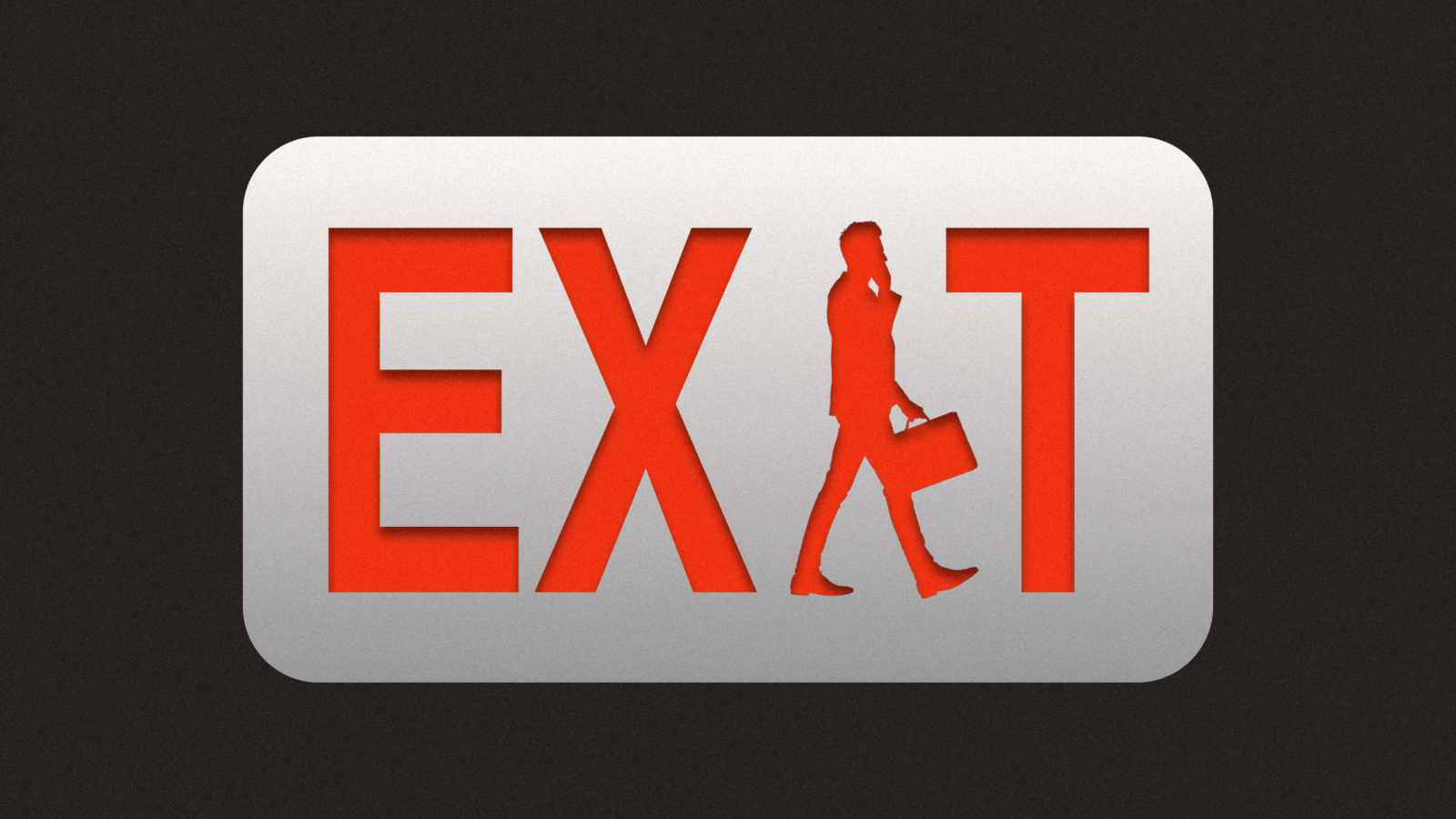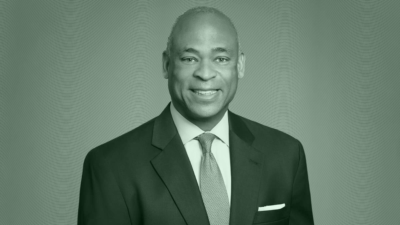How the CFP Board Is Leading the Charge on AI
The nonprofit certification body has formed a working group to address the challenges and opportunities of AI for advisors.

Sign up for market insights, wealth management practice essentials and industry updates.
Study up, advisors: AI may be on the exam.
The CFP Board, the financial services industry’s main certification body, convened an AI working group earlier this month to determine how to wrap industry applications of the tech into its extensive certification course. The move is the board’s latest effort to address AI’s impact on the world of financial advice; earlier this year, it released a preliminary set of guidelines addressing client privacy protection and compliance concerns.
As AI’s adoption grows with the improvement of applications like ChatGPT, more and more AI companies targeting financial professionals are sprouting up, promising to speed up processes and simplify workflows. Advisors are also increasingly using AI to communicate with clients and produce marketing materials; regulatory bodies, therefore, are in a sprint to keep up, experts said.
“We want to make sure, as this evolves, that we’re riding the wave of what’s happening, but also charting our own course,” said Dane Snowden, the CFP Board’s COO and leader of the working group. “We have formed this AI working group to help us with that.”
All AI-Board
The CFP Board’s working group comprises 14 people — “big thinkers,” said Snowden — with expertise in the AI arena. The group will figure out what should be added to the nonprofit’s exams in its annual practice analysis process. While AI is currently being used by advisors primarily for back-office functions, like notetaking and notarization, Snowden sees its use expanding to client-facing work in the future.
Advisors are also warming up to the idea of AI assistance:
- Only 8% of advisors see AI as a threat to their livelihoods, down from 21% a year ago, according to a recent Advisor360 report.
- 76% of advisors say they’ve “reaped immediate rewards” from using AI in their practices, per the same report.
The top priority for regulatory and certification bodies should be ensuring someone is always there to verify AI output, said Era Jain, the founder of Zeplyn, an AI notetaker for advisors. Jain said more educational materials are needed for advisors to increase awareness of AI’s use cases, but that the CFP Board’s move is a step in the right direction. “There isn’t enough material right now that exists that’s purely talking about how you can start leveraging [AI] in your practice in an educational way,” she said, “and that’s the gap that I think this AI working group can largely address.”
AI(WI). The Investments and Wealth Institute, another nonprofit offering its own certifications for advisors, also has a task force looking at how it can use AI to speed up operations. Its CEO, Sean Walters, says the main challenge for regulators is ensuring there’s always a human involved in the process.
“If, and that’s a big if, AI were ever used to expedite asset allocation or rebalance a portfolio, a human is still needed in between that and the client,” he said. “Our philosophy on it is, at least internally, ‘AI-forward, human-first.’”











